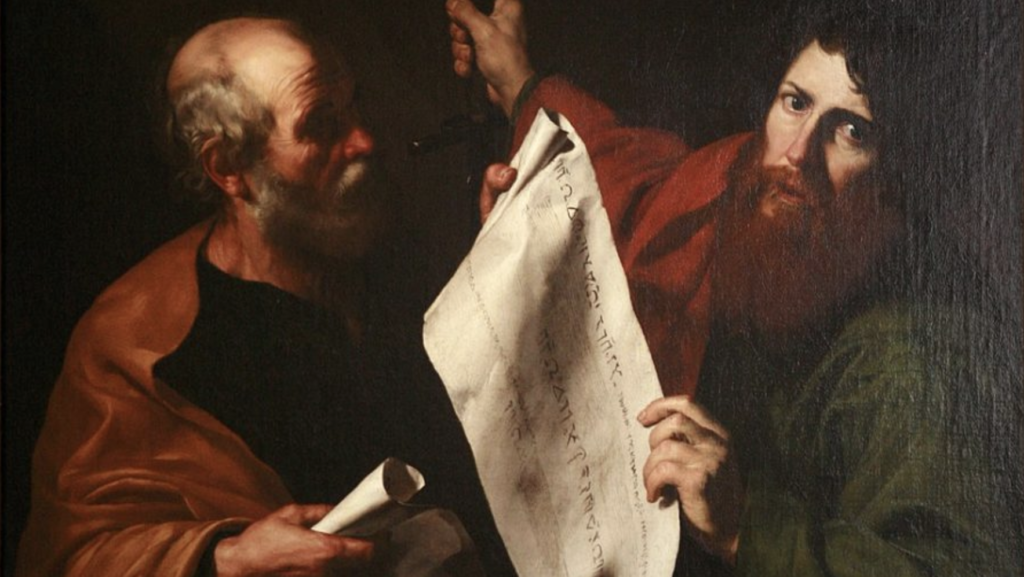Allow me a complaint about the way we remember the past. Our tendency today is to lead by leveling. So when we speak of extraordinary figures — whether Martin Luther King or Thomas Jefferson — we don’t begin with their accomplishments. We start by cataloging their faults and sins, and soon we wonder why these people are worth remembering at all. We forget the ways they changed our world for the better.
It’s far worse when people apply the same diminishing critique to the saints. I know that every saint (with the exception of Mary) committed sins. I’m also aware that some overly pious biographies gild the lily and make sainthood seem inimitable and even unattractive.
But let’s get real. Saints, like other heroes, remain in our memory after hundreds of years precisely because they did things that were extraordinary. They sacrificed for the sake of their love and ideals. They undertook hard labors. They overcame intimidating odds. And they inspired others to do the same.
I’m not the first to complain about the modern resistance to veneration. C.S. Lewis did it in the last century — and he was a Protestant, congenitally resistant to some Catholic practices. But he told his readers that “the great apostles ... affected him like mountains.”
That’s how I feel every year as the feast of Saints Peter and Paul approaches. Both Scripture and history testify to the heroism of these men and detail their accomplishments. Between them they converted thousands, and under their leadership the faith spread to the ends of the known world. The momentum from their work carried the Church forward for centuries — until the Roman Empire itself became Christian.
Twenty years ago, on June 29, the common feast of these men, I was in Rome and was surprised by the magnitude of the celebration. It’s a holiday, and most workers get the day off.
Archbishops come from all over the world to receive the pallium, the distinctive garment of their office. The pope celebrates a colorful Mass with hymns and prayers in many languages.
It made me wish we, in my country, did more to honor the apostles. So I try to do more myself to remember Peter and Paul on their feast day. It’s on a Sunday this year. Maybe you can do something special with your family.
In our love for Peter and Paul, we’ll keep good company. St. Thomas Aquinas called them the “princes of the Apostles” and “lights of the Church.”
In the second century, St. Irenaeus referred to them as co-founders of the Church in Rome, emphasizing their martyrdom there as the ultimate witness.
St. Augustine saw Peter and Paul as two pillars of the Church, complementary in their mission: “One day is consecrated to the passion of two apostles. But these two were one.”
Did they have flaws? Of course they did! We know that from Scripture. But they laid the foundations of our Church — or, rather, they are the foundations of our Church, established as such by Christ himself. And they consecrated our Church with their very blood.

